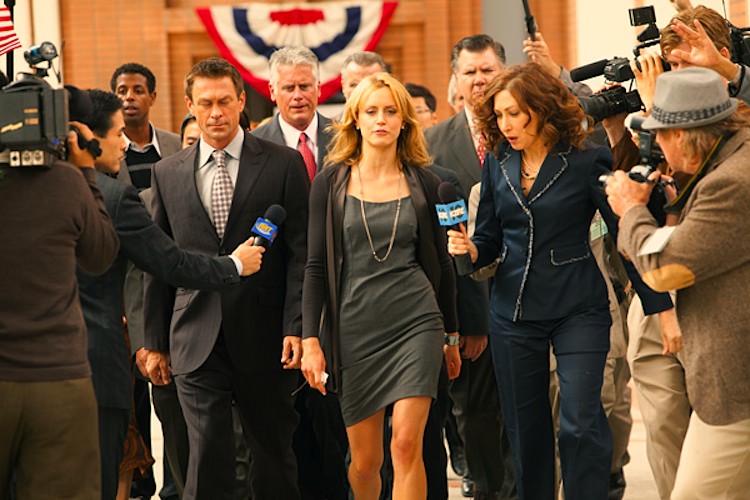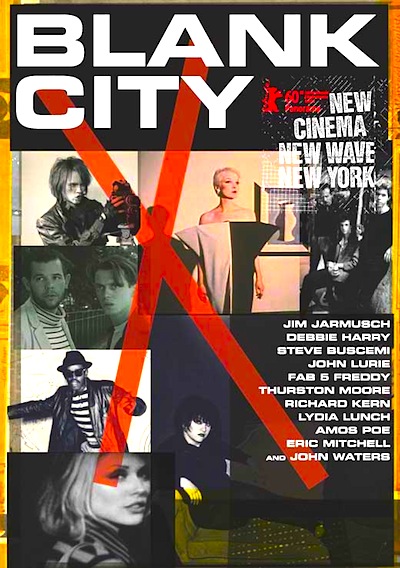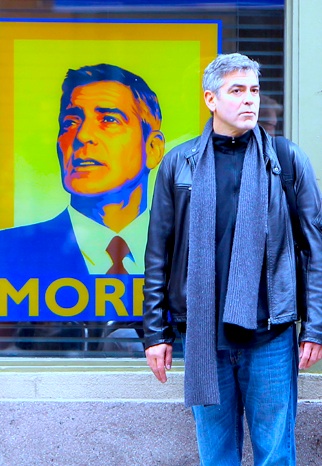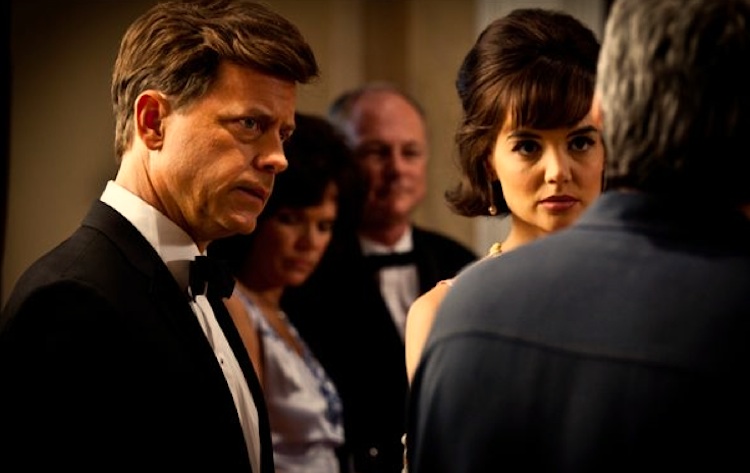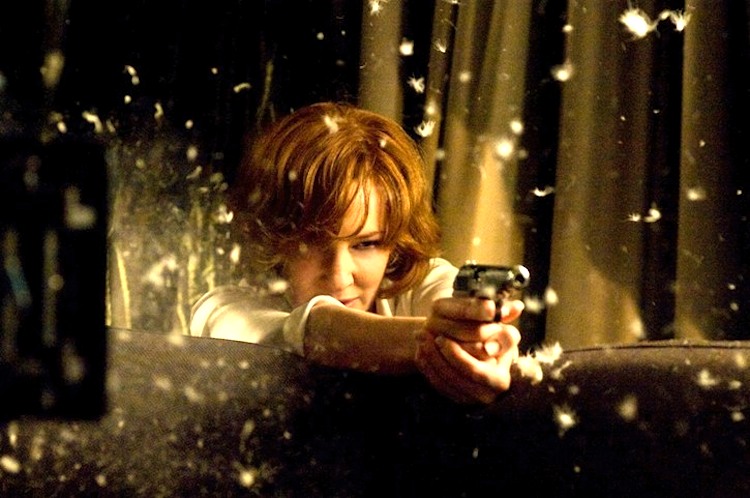
By Joe Bendel. There are 102 stars on the memorial wall at CIA headquarters in Langley. Each one signifies an officer who died in the line of duty. In their latest film, director Joe Wright and screenwriters Seth Lochhead and David Farr add at least eight stars to their ranks, inviting the audience to give a bloodthirsty cheer for each and every execution. Hollywood has come a long way since we first met James Bond’s CIA colleague Felix Leiter, but it is difficult to think of a film more hostile to the men and women who serve in America’s intelligence services than Wright’s Hanna, which opens widely today.
Hanna was developed by the Agency to be a super-killer. However, when the program was canceled, vampy agent Marisa Wiegler was charged with disposing of the evidence—and you know what that means. Somehow though, Hanna’s presumed father Erik was able to whisk her away to a remote Finnish hideaway, where he continues her training, relentlessly attacking her like a fatherly version of Inspector Clouseau’s man-servant Cato.
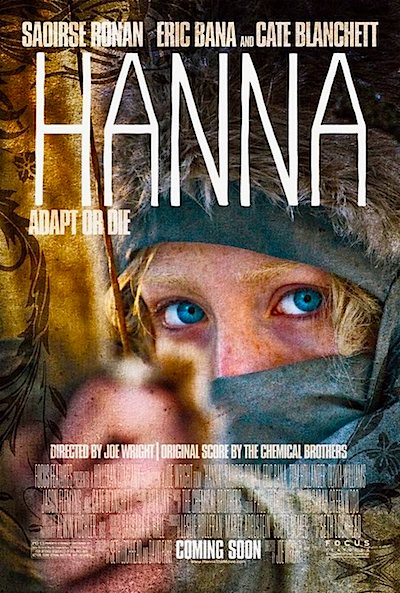 When Hanna decides she is ready to face Wiegler, she activates Erik’s clunky CIA signal beacon, a piece of hardware perhaps developed by the same company that produces self-destruct switches for super villains’ lairs. (This seems like an oddly passive strategy, considering Hanna and Erik spend about eighteen hours of the day stalking wild game or each other.)
When Hanna decides she is ready to face Wiegler, she activates Erik’s clunky CIA signal beacon, a piece of hardware perhaps developed by the same company that produces self-destruct switches for super villains’ lairs. (This seems like an oddly passive strategy, considering Hanna and Erik spend about eighteen hours of the day stalking wild game or each other.)
Extracted simply so she can escape again, Hanna cuts through at least eight CIA personnel and a number of freelance contractors on her way to rendezvousing Erik. If that were not disturbing enough, dear old Erik also kills two completely innocent German cops, though their deaths are kept antiseptically off-screen.
As Hanna, Saorise Ronan is quite a credible young action star and can be excused for not fully appreciating the film’s ideological implications. For his part, Eric (with a “c”) Bana mostly broods sullenly as Erik (with a “k”). However,Cate Blanchett’s Wiegler looks and sounds like a stand-up comic’s bad impression of the late Ann Richards. At least she is allowed a personality. The rest of the film’s CIA personnel and associates are colorlessly interchangeable—mere meat for Hanna’s grinder, except for one conspicuously “swishy” contractor, a bizarre exercise stereotyping for this day and age.
To give due credit, Wright stages some energetic action sequences. Unfortunately, this also makes the film more effective as propaganda. It is only too easy to picture Hanna playing for months in countries across the Mideast eager to indulge in some cheap anti-Americanism. Indeed, following the revelation that YouTube clips of Brian De Palma’s anti-Iraq broadside Redacted helped spur the fatal shooting of two American servicemen at the Frankfurt airport, a film like Hanna can no longer be viewed in an ethical vacuum.
Frankly, Wright, Bana, Blanchett, and the rest of the grown-ups behind the film should be asked directly how they would explain their film to the family of CIA officer Johnny Michael Spann, the first official American casualty in Afghanistan – killed by duplicitous Taliban terrorists. What would they say to the family of William Buckley, the CIA Beirut station chief brutally tortured and murdered by Hezbollah? What would they say to the friends and family of anyone of the fallen 102?
Indeed, Hanna has serious issues far beyond its gaping logical holes and clunky performances. It is deeply cynical and profoundly disrespectful of the American intelligence officers who risk their lives on behalf of their country. Entirely problematic, Hanna should be avoided when it opens today.
Posted on April 8th, 2011 at 10:41am.
